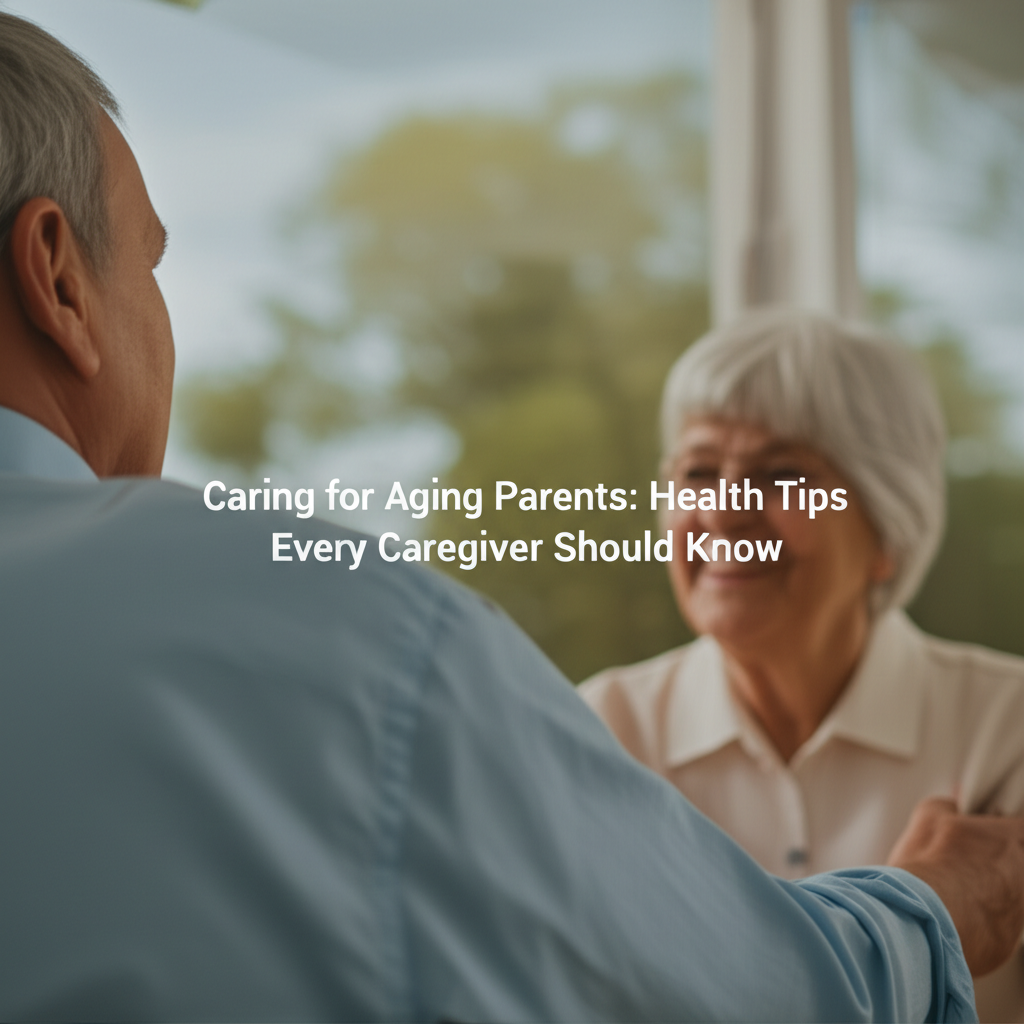
Is Postal Mail Dead?
The question of whether postal mail is truly 'dead' is complex. While the volume of mail has decreased significantly due to the rise of digital communication, postal services continue to play a vital role, particularly in certain areas and for specific purposes.
The decline in traditional mail is largely attributed to the convenience and speed of email, text messaging, and social media. Businesses have also shifted to digital communication for invoices, marketing, and internal communications. This shift has led to a reduction in the amount of physical mail sent and received.
However, postal mail remains essential for several reasons. Official documents, legal notices, and sensitive information often require the security and physical verification offered by postal mail. The tangible aspect of receiving a handwritten letter or postcard often holds sentimental value that digital communication struggles to replicate. This is particularly true for older generations and those less familiar with technology.
Many postal services are adapting to the changing landscape. They are expanding their services to include reliable package delivery, a crucial aspect in the age of e-commerce. They are also offering specialized services such as certified mail and international shipping to increase their relevance.
Furthermore, populations in rural areas with limited internet access and elderly individuals remain largely reliant on postal mail. Maintaining these services is important for ensuring equal access to communication and vital services. The postal service plays a role in connecting communities and ensuring everyone can participate in society.
The future success of postal services hinges on adapting and innovating. It involves embracing technology to improve efficiency and reliability while retaining the core values of security and traceability. Investing in infrastructure upgrades and exploring new ways to use postal networks will also contribute to its future.
In conclusion, while the volume of traditional mail might be shrinking, claiming that postal mail is dead is inaccurate. Its continued relevance is evident in its continued use for secure and sensitive communications, its role in e-commerce package delivery, and its service to those who depend on it most. Its future depends on adapting to the technological advancements while preserving the trustworthy and reliable delivery system.
- Decline of traditional mail due to digital communication
- Continued importance for official documents and sensitive information
- Adapting postal services to include package delivery
- Serving rural communities and elderly populations
- Investing in technology and infrastructure for future success

